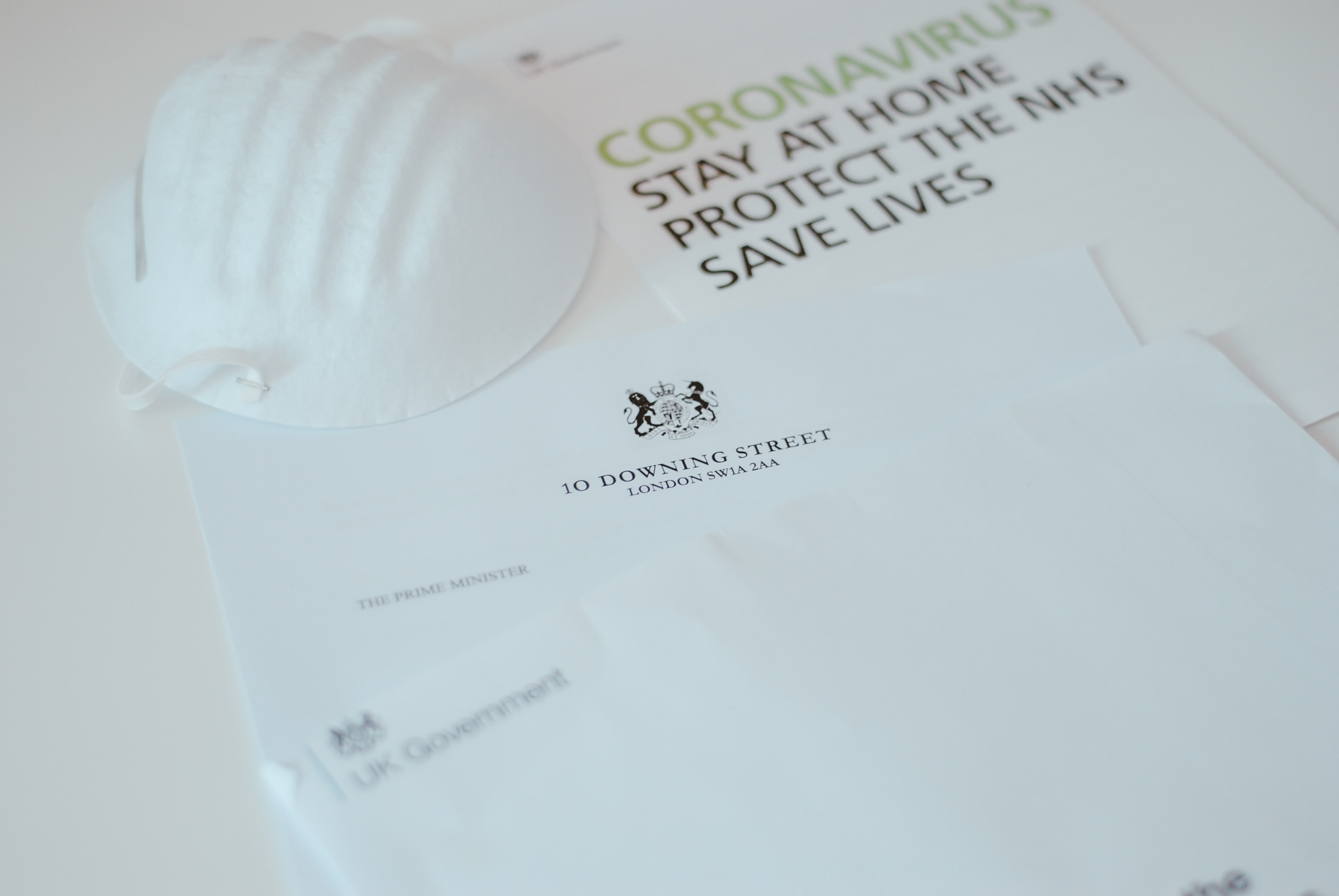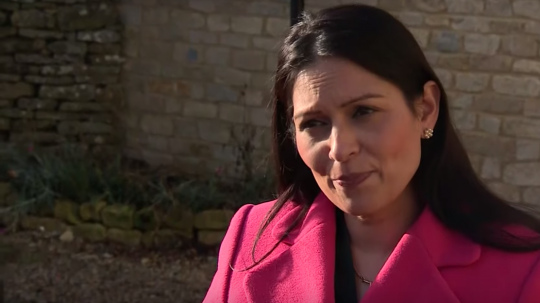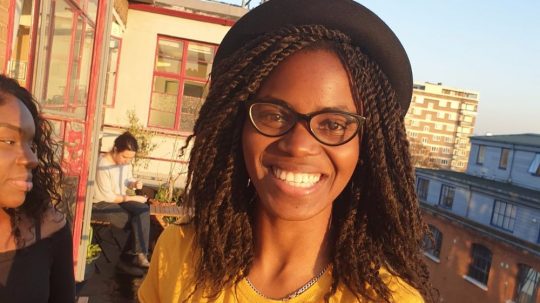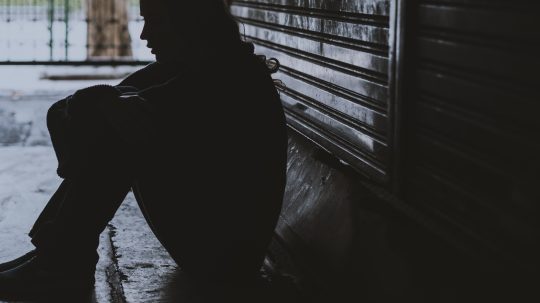When Elvis* developed Covid-19 symptoms last month, he was too afraid to seek medical care. He believed that the hospital might charge him thousands of pounds for treatment or report him to immigration enforcement. On 3 April, he died at home.
His wife has since developed symptoms but is staying at home for the same reason.
The couple’s fears of being reported to the authorities are not unfounded. They were but two of many so-called “undocumented migrants,” living in the UK without up-to-date papers.
Since 2012, the Home Office has introduced a series of “hostile environment” immigration policies intended to make life for them as difficult as possible – including healthcare charges and data sharing between the NHS and immigration enforcement.
The couple’s story is cited in a letter to health secretary Matt Hancock, signed by more than 60 MPs, calling for the government to overturn these measures amid the coronavirus pandemic.
The #NHS was founded on the idea that healthcare should be free to all who need it, regardless of where you're from or your ability to pay.
Today – with @ApsanaBegumMP & @ZarahSultana – I called on @MattHancock to uphold this idea and ensure migrants can access healthcare too. pic.twitter.com/mCaD3MKX57
— Bell Ribeiro-Addy MP (@BellRibeiroAddy) April 17, 2020
It is a call backed by Doctors of the World, the British Medical Association and Just Fair, among other organisations.
All people regardless of their immigration status have a right to health, and access to this right has to be afforded to all without discrimination.
What’s more, any restriction in access to healthcare will only go to undermine efforts to control the Covid-19 pandemic.
There are a number of steps that the government can take in order to avoid loss of life caused by people avoiding or delaying treatment.
Healthcare charges
Everyone should be able to access the healthcare system without risk of legal or financial consequences but this is not yet the case in the UK.
Doctors of the World have been working with people who, due to their inability to access the NHS, have not been receiving the care they need prior to the Covid-19 crisis. These patients are all seriously unwell with poorly managed health conditions that put them in the high-risk category. If they had to receive in-patient care for Covid-19, they would be liable to pay for the management of their pre-existing health conditions due to NHS charging regulations.
GP and nurse consultations in primary care are free of charge to all. However for secondary care services, usually carried out at a hospital or clinic, non-EU patients are charged 50 percent more than the cost of treating a UK patient. Hospitals must also establish whether a patient is liable to be charged or not.
The government has added Covid-19 to a list of infectious diseases for which everyone from overseas can receive free treatment and testing. The NHS has been advised that no immigration checks are required for patients solely undergoing treatment for Covid-19.
However, if a patient is liable, they will have to pay for any care that is unrelated to the treatment for Covid-19 and is not exempt from charge. If a person tests negative for Covid-19 but still requires treatment, they will be charged for any care provided after the negative test result.
It is complicated to establish whether a person has a legal right to access health care as no single document can confirm or deny whether an individual is entitled to healthcare.
More importantly, unless the verification is done systematically for every individual entering into a public hospital, it is hard to imagine how a nationality test could be carried out without incurring in some sort of profiling. Establishing this right is also time consuming. It seems a poor use of time for medical staff who are already stretched.
NHS data sharing with the immigration enforcement
Health professionals will not usually share personal medical information even when requested by other government agencies.
However, the NHS can seek information from the Home Office to establish a persons’ immigration status. The NHS must also share with the Home Office non-clinical information about an individual who has medical debts of more than £500 that have been outstanding for over two months.

The NHS doesn’t usually share medical information with the Home Office. Credit: Unsplash
This medical debt can impact upon an individual’s future immigration application, meaning people may avoid accessing healthcare if they are concerned they will not be able to pay.
Danius Puras, the UN’s special rapporteur on the right to health, has found that “policies linking access to health systems with immigration control discriminate against irregular migrants.”
What next?
In order to ensure that everyone’s right to health is protected, we need our broader human rights to respected. As the Fundamental Rights Agency director Michael O’Flaherty put it: “The more we respect human rights, the better will be our public health strategies.”
As human rights are interconnected, it is not just accessing healthcare that is having an impact on people’s right to health. Many migrants are particularly vulnerable to the impact of Covid-19 due to them being denied the limited support being afforded to the rest of the population.
Rough sleeping migrants have found their requests for housing support from local authorities turned down despite pledges from the prime minister that all homeless people will be given shelter in hotels.
For people with no recourse to public funds (NRPF), especially those with health conditions that put them at a higher risk, not being able to access the welfare system means that they will be facing a choice of either working despite being told to self-isolate or not working and not having any income.
Migrants are also more vulnerable to abusive working practises as well as being overrepresented in low paid work, the gig-economy, as well as industries most affected by Covid-19 closures.
A significant majority of those with NRPF are from black and minority ethnic (BAME) backgrounds and we cannot isolate this immigration policy from race-based discrimination. Racial inequalities in the UK are a serious life-limiting issue, in particular for migrants whose immigration status does not allow them to have full access to the welfare or healthcare systems.
With Covid-19, 35 percent of those who are in intensive care are from BAME backgrounds, despite the BAME population accounting for just 14 percent of the UK population. The issue is so pronounced that an inquiry has opened into why people who are BAME has so far been so disproportionately impacted.
International human rights law is clear, the UK as a party to treaties such as the International Covenant on Economic, Social, and Cultural Rights (ICESCR) must guarantee that the right to health is exercised without discrimination of any kind. Therefore, in order to adequately respond to Covid-19 everyone should have unrestricted access to healthcare so that no one unnecessarily delays or avoids treatment.
It is also clear that this alone won’t be enough. In order to ensure that all people are able to access the support they need, the NRPF condition also needs to be lifted.
*name changed to protect privacy






